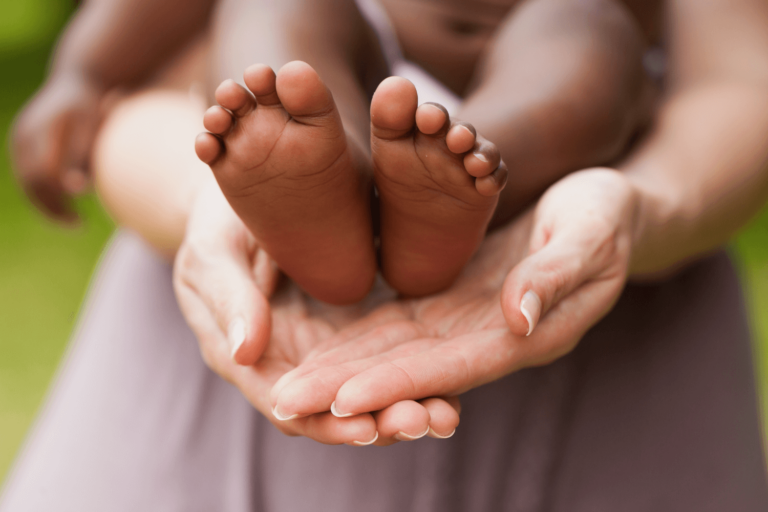Deciding to put your baby up for adoption is a deeply personal and sometimes challenging decision. However, for many mothers, it can also be a selfless and beautiful act, offering the child a future filled with opportunities. When considering adoption, it’s essential to take the time to ask yourself a few critical questions about adoption that will help guide your decision-making process. The following questions can provide clarity and empower you to make the best choice for both you and your baby.
1. What are my reasons for considering adoption?
Understanding your motivations for considering adoption is the first and most important step. Are you facing financial difficulties? Is your current life situation unstable, or do you feel emotionally unprepared for parenthood? Some mothers may also be considering adoption because they are young or feel they cannot provide the future they want for their child at this moment. By reflecting on your personal reasons, you can gain a better understanding of why adoption might be the best option for you and your baby. It also ensures that your decision is based on thoughtful reflection rather than external pressures.
2. How do I feel about parenting right now?
Your feelings about parenthood are crucial to your decision. Ask yourself, “Do I feel ready to parent, or do I feel overwhelmed and unsupported?” It’s okay if you feel unsure, as many expectant mothers experience conflicting emotions during this time. Consider whether you envision yourself as a parent in the near future or if you believe adoption will be the best path for you and your baby right now. Understanding your emotions and thoughts about parenting will provide clarity and peace of mind, helping you make an informed decision that aligns with your desires.
3. What type of adoption am I comfortable with?
When considering adoption, it’s important to explore the different types available. Adoptions come in three primary forms: open, semi-open, and closed. With open adoption, you can have ongoing communication with the adoptive family and even your child, which may involve regular visits or updates. In semi-open adoptions, communication is more limited but still present. Closed adoptions, on the other hand, involve no contact with the adoptive family after the adoption is finalized. Understanding which type of adoption aligns with your personal preferences will allow you to feel more secure in your decision.
4. How will I choose an adoptive family?
If you’re leaning toward adoption, selecting an adoptive family is a crucial part of the process. Think about the values, background, and lifestyle you envision for your child. What qualities do you want in the adoptive parents? For example, you might prioritize a family with strong educational goals, a particular cultural background, or specific religious beliefs. If you opt for an open adoption, also consider how much involvement you want to have in their lives.
5. What are my legal rights?
It’s essential to understand your legal rights during the adoption process. Adoption laws vary depending on your state or country, so educating yourself on the process is critical. Knowing your rights ensures that your wishes are respected throughout the adoption, giving you peace of mind that your choice will be legally supported.
Considering Adoption is a Complex Decision
Deciding to put your baby up for adoption can be a selfless, but emotionally complex decision. As you navigate this journey, it’s essential to ask yourself these questions about adoption to gain clarity and confidence in your choice. Your local pregnancy center can offer valuable resources, legal guidance, and emotional support to help you every step of the way.




